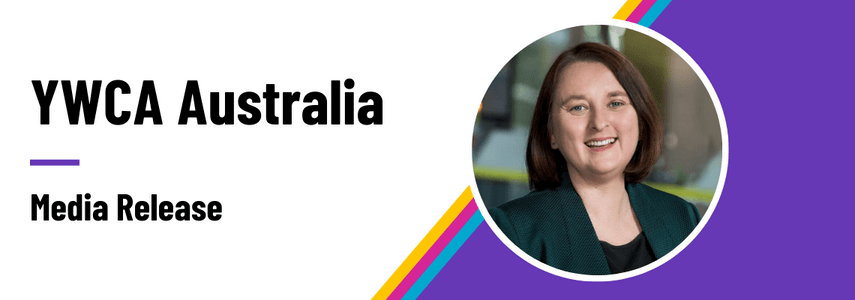
Under the clouds of inflation, both women and Australia’s rental and housing crisis were front and centre in the federal government’s budget.
The new National Housing Accord, with the overarching ambition to build one million well-located homes this decade, has the potential to be a turning point for housing affordability, by ensuring all the major players are collaborating and delivering the necessary solutions.
With increasing housing supply in focus, it was positive to see prior commitments to delivering additional social and affordable housing for women, including those escaping family and domestic violence, were honoured.
The budget also includes a landmark investment in early childhood education and the biggest changes to the Commonwealth’s paid parental leave program since the scheme’s inception in 2011.
Quotes attributable to YWCA Australia CEO Michelle Phillips:
“YWCA Australia welcomes the budget’s acknowledgement of the gendered nature of our housing crisis, that women are disproportionally affected as they are more likely to have a lower income and be driven from their homes by violence.
“YWCA Australia is optimistic the new National Housing Accord will be a turning point. Government, the construction sector, and Community Housing Providers working in partnership will be critical to addressing the housing crisis facing Australia, and YWCA Australia stands ready to support.
“We look forward to the larger plan to build 1 million well located homes this decade prioritising affordable housing for women on low incomes.
“The federal government’s commitment to build 40,000 social and affordable homes will help ease housing supply pressures and could be life-changing for women and women-led families.
“The commitment to a National Housing and Homelessness Plan can be a gamechanger, if women with lived experience of housing insecurity and homelessness inform its design and action plan.
“We welcome the commitments to funding the National Plan to End Violence Against Women and Children, and the dedicated action plan for First Nations Women and Children. However, we expect to see further investment in women’s safety in the years ahead.
“We remain concerned about the cost-of-living pressures facing women on low incomes, many of whom are already in housing stress. Inflation, rising unemployment and the skyrocketing cost of power will only add to their stress. We would welcome investment in further relief and support for these women.”



